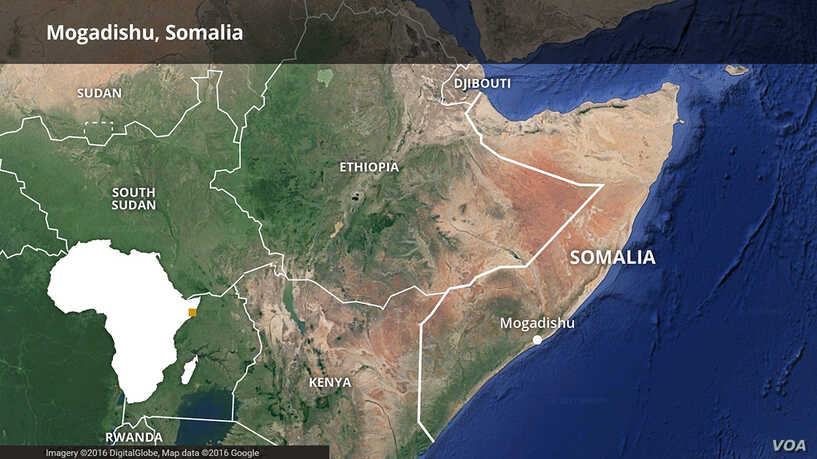

The International Committee of the Red Cross (ICRC) has said that it is deeply shocked by the killing of eight people in Gololey village in the Balcad district in Hirshabelle.
Amongst those, seven are said to be health care workers working at a local health center.
The ICRC in a statement sent to newsrooms strongly condemned the violence against staff health personnel.
Juerg Eglin, head of the ICRC Somalia delegation, said: “This is an appalling tragedy. Such attacks against health workers undermine the capacity to provide essential health care to the people at a time when they most urgently need it.”
Our thoughts are with the victims’ families, he added.
Health care facilities in Somalia are often hard-to-reach for much of the population.
Only 15 percent of people living in rural areas are estimated to have access to medical care, a challenge often further complicated by outbreaks of violence or climate shocks such as floods.
The health personnel, medical facilities and transport such as ambulances must be respected and protected in all circumstances, and the work of medical personnel must be facilitated at all times.
Violence against health workers jeopardizes access to health services and much-needed assistance for the people in need.
In situations of armed conflict, under international humanitarian law, people not taking part in the hostilities must always be spared.
It was not immediately clear who was responsible for the killing, which followed several days of clashes between security forces and insurgents belonging to the al Qaeda-linked al Shabaab group.
Since 2008, al Shabaab has been fighting to overthrow Somalia’s central government and establish its own rule based on its own harsh interpretation of Islam’s sharia law.
Somalia has been mired in conflict since 1991, when clan warlords overthrew dictator Siad Barre and then turned on each other.
more recommended stories
 A Celebration, a Surprise, and a Strategic Masterstroke: How Somaliland’s Irro Quietly Redirected Lasanod’s Political Hopes
A Celebration, a Surprise, and a Strategic Masterstroke: How Somaliland’s Irro Quietly Redirected Lasanod’s Political HopesBy Mohammed Yasin Omar LASANOD, SOMALILAND.
 Somaliland Parliament: Any Consequences from PM’s Visit Are Somalia’s Responsibility
Somaliland Parliament: Any Consequences from PM’s Visit Are Somalia’s ResponsibilityHARGEISA, April 12, 2025 — The.
 From Berbera to Washington: Somaliland’s Strategic Pitch for U.S. Support
From Berbera to Washington: Somaliland’s Strategic Pitch for U.S. SupportIn a comprehensive interview with The.
 Somaliland to Defend Sovereignty Against Somalia’s Provocative Laascaanood Visit
Somaliland to Defend Sovereignty Against Somalia’s Provocative Laascaanood VisitThe Ministry of Foreign Affairs and.

